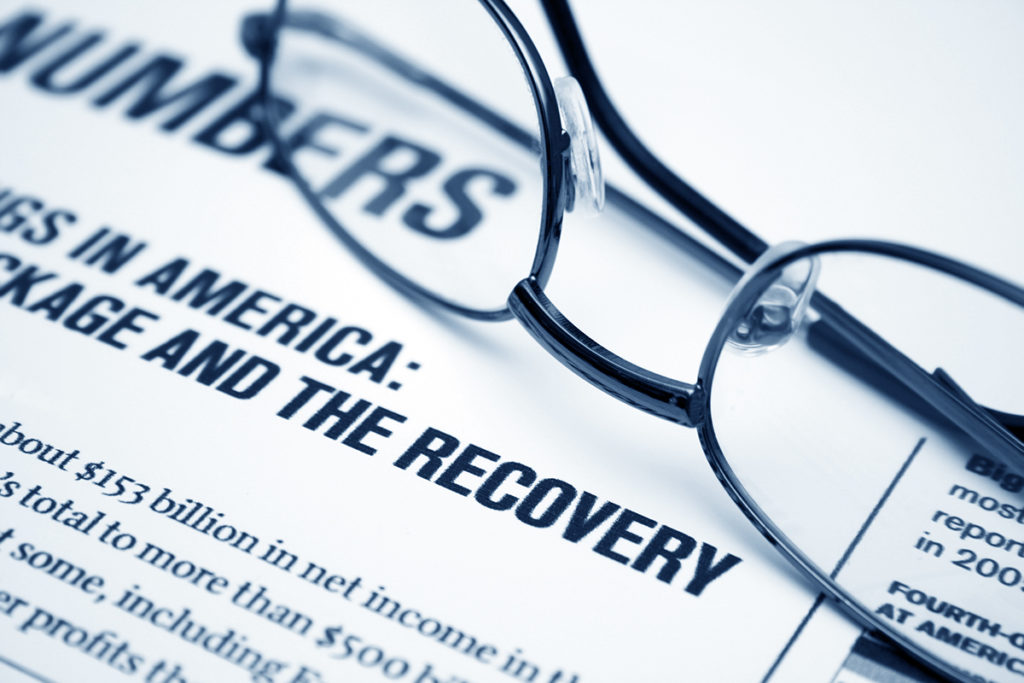It isn’t the first time and it certainly won’t be the last.
But we find ourselves in the midst of a worldwide health crisis – the Coronavirus (COVID-19). Among the many ripple effects of the disease, and the world’s desperate attempts to contain it has been a significant impact on financial markets.
Markets don’t like uncertainty. It’s a lot like what happens when the power goes off and you suddenly find yourself in a very dark room. The first thing you do is stop, then you grope around, taking slow small steps, trying to avoid a collision with something you can’t see.
That’s what happens to normally nimble and active players in the world economy. Unable to see what is about to happen next, they slow down to take their bearings, mostly concerned about not getting hurt rather than making progress.
During times like these, people slow their spending (except to buy three years’ worth of toilet paper) and companies slow down their operations.
All the above happens during a “normal” shock-induced economic slowdown. But when you add the compound effect of government-imposed (even if very necessary) bans on travel and large gatherings, there’s just no way to avoid an economy hitting the skids.
The only question is “how long?”
Here are a few things we can learn as we contemplate this crisis.
It isn’t the first and it won’t be the last. I know I already said that, but it cannot be overemphasized. Crises tend to shock us and cause us to say, “How could this happen?”
There is no perfect reaction – there is only underreaction or overreaction. Critics are always fully employed during and after a crisis. And we do need critical analysis to discover how to do it better next time. But time spent imagining a perfect reaction to a crisis is time wasted. The pendulum of response will inevitably be under-done or over-done. The trick isn’t to be perfect, but to be proximate.
Every crisis exposes oversights. “Oops, didn’t see that coming!” The crisis shows us what we weren’t prepared for. The value in post-crisis criticism (which we’ll get by the ton) is to identify how we could have realistically done it better this time, so we can do it better next time.
For most of us, that means discovering how well we acted on that advice we’ve all heard and which too many of us have successfully ignored – have an emergency cash account larger than you think you need. I recommend six-months of income in a readily available bank account or some similar safe place.

Every crisis presents opportunities. Just this week, I read that money is flowing out of stock funds at a record pace. That means that record numbers of owners of those funds who were unprepared to ride out a shock like this sold their devalued (a.k.a., on sale) shares to a buyer who was ready, willing, and able to buy them.
Every crisis rewards the prepared and the purposeful. That same story is repeated over and over again in times of crisis. And the common denominator for those ready and able to take advantage of those opportunities is low levels of debt and high amounts of cash.
It’s too late to prepare for this crisis. It is upon us and all you can do is hunker down and survive.
But as you sit in your house, washing your hands and maintaining appropriate levels of social distance, is it too much to think we might promise ourselves we’ll learn our lesson for next time?
Because there will be a next time.
Argent Advisors, Inc. is an SEC-registered investment adviser. A copy of our current written disclosure statement discussing our advisory services and fees is available upon request. Please See Important Disclosure Information at http://www.ruston.argentadvisors.com/important-disclosure-information

